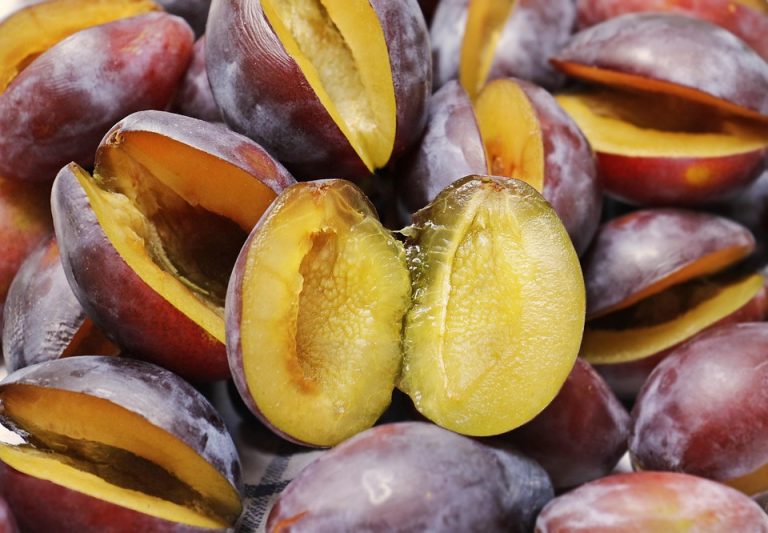Contents
- Why Cucumbers Deserve a Spot in Every Heart-Healthy Diet
- 1. Rich in Hydration – A Key Factor in Blood Pressure Control
- 2. Loaded with Potassium – A Natural Blood Pressure Regulator
- 3. Supports Lower Cholesterol with Plant Sterols and Fiber
- 4. Antioxidants That Fight Inflammation and Oxidative Stress
- 5. Promotes Weight Loss and Healthy Metabolism
- 6. Natural Diuretic Properties for Reduced Water Retention
- 7. Helps Reduce Stress – A Silent Contributor to Heart Disease
- The Bottom Line: Cucumbers Are a Heart-Smart Choice
- FAQs About Cucumbers and Heart Health
Why Cucumbers Deserve a Spot in Every Heart-Healthy Diet
Heart health benefits of cucumbers are often overlooked in favor of flashier superfoods. But here’s the thing: this humble green veggie is quietly packing a powerful cardiovascular punch. Whether you’re slicing them into salads or sipping them in spa water, cucumbers offer more than a crisp crunch—they’re an unsung hero in your heart health routine.
Let’s dig into the ways cucumbers support cardiovascular wellness, backed by science and served up in a juicy, easy-to-digest list.
1. Rich in Hydration – A Key Factor in Blood Pressure Control
Cucumbers are composed of about 96% water, making them one of the most hydrating vegetables out there. Proper hydration helps maintain healthy blood viscosity and pressure levels, which reduces strain on the heart.
-
Staying hydrated allows the heart to pump blood more efficiently.
-
Dehydration can thicken blood, increasing the risk of clotting or hypertension.
Tip: Add cucumber slices to your water bottle for a refreshing, heart-friendly boost throughout the day.
2. Loaded with Potassium – A Natural Blood Pressure Regulator
Cucumbers are a good source of potassium, an essential mineral that helps balance sodium levels and ease tension in blood vessel walls.
Why it matters:
-
High potassium intake is associated with lower blood pressure and reduced stroke risk.
-
A potassium-rich diet is crucial for anyone managing hypertension or heart disease.
Try pairing cucumbers with other potassium-rich foods like avocados and leafy greens for an even bigger impact.
3. Supports Lower Cholesterol with Plant Sterols and Fiber
The soluble fiber found in cucumber peels binds with cholesterol in the digestive tract, helping to eliminate it from the body.
In addition:
-
Cucumbers contain plant sterols, natural compounds shown to help reduce LDL (bad) cholesterol.
-
Consistently consuming plant sterols can lower cholesterol levels by up to 10%, according to studies.
Don’t peel your cucumbers unless necessary—those skins hold a lot of heart-loving fiber.
4. Antioxidants That Fight Inflammation and Oxidative Stress
Cucumbers are rich in antioxidants, including flavonoids and tannins, which help fight free radicals in the body. This is crucial for heart health, as oxidative stress can lead to arterial damage and plaque buildup.
Some key antioxidants in cucumbers include:
-
Quercetin – known for its anti-inflammatory and heart-protective effects.
-
Cucurbitacins – unique to cucumbers and related veggies, offering anti-inflammatory properties.
Eating antioxidant-rich foods like cucumbers may help reduce cardiovascular inflammation.
5. Promotes Weight Loss and Healthy Metabolism
Cucumbers are low in calories and high in water, making them ideal for weight management—a cornerstone of heart health.
-
A 1-cup serving has just 16 calories.
-
Their water and fiber content increase satiety, helping you eat fewer calories overall.
Why it matters:
Excess body weight is a major risk factor for high blood pressure, high cholesterol, and heart disease. Incorporating low-calorie, filling foods like cucumbers can support a healthier weight and lower cardiac risk.
6. Natural Diuretic Properties for Reduced Water Retention
Cucumbers have gentle diuretic effects, helping to flush out excess sodium and fluid retention—both of which can elevate blood pressure.
-
Promotes kidney function and detoxification
-
Supports fluid balance, essential for healthy heart function
Enjoy them raw, in infused water, or blended into smoothies to take advantage of this natural benefit.
7. Helps Reduce Stress – A Silent Contributor to Heart Disease
Stress can wreak havoc on your heart. Cucumbers contain vitamin B-complex, especially B5 (pantothenic acid), which supports nervous system function and helps manage stress levels.
Why this matters:
Chronic stress elevates cortisol, increases blood pressure, and contributes to unhealthy behaviors like emotional eating or poor sleep—all major heart risks.
Adding stress-busting foods like cucumbers to your meals is a small, positive step toward a calmer, healthier heart.
The Bottom Line: Cucumbers Are a Heart-Smart Choice
Cucumbers may be cool and crisp, but their impact on your cardiovascular health is anything but basic. From improving hydration and lowering blood pressure to offering antioxidant protection and supporting weight management, the heart health benefits of cucumbers are both real and remarkable.
Key Takeaways:
-
Cucumbers hydrate the body and help regulate blood pressure.
-
They offer fiber and plant sterols for better cholesterol control.
-
Antioxidants in cucumbers combat inflammation and oxidative damage.
-
Their low-calorie content supports weight loss—key for heart health.
Next time you’re cruising the produce aisle, don’t overlook these green gems. Your heart might just thank you.
FAQs About Cucumbers and Heart Health
Are cucumbers good for lowering blood pressure?
Yes, their high potassium and water content help regulate blood pressure naturally.
Should I eat cucumbers with or without the peel?
For maximum fiber and nutrient benefits, eat them with the peel—just wash thoroughly or choose organic.
How many cucumbers should I eat a day for heart health?
Even half a cucumber daily can make a difference, but 1 cup (about one medium cucumber) is a great target.
Can I drink cucumber juice instead of eating them whole?
Yes, but eating whole cucumbers gives you more fiber, which also benefits heart health.
Do cucumbers help with cholesterol?
Yes, their fiber and plant sterols can help reduce LDL cholesterol when consumed regularly.
Ready to eat your way to a healthier heart? Keep cucumbers in your kitchen, and let this simple veggie work wonders for your cardiovascular wellness.
Get Your FREE Natural Health Guide!
Subscribe now and receive our exclusive ebook packed with natural health tips, practical wellness advice, and easy lifestyle changes, delivered straight to your inbox.





